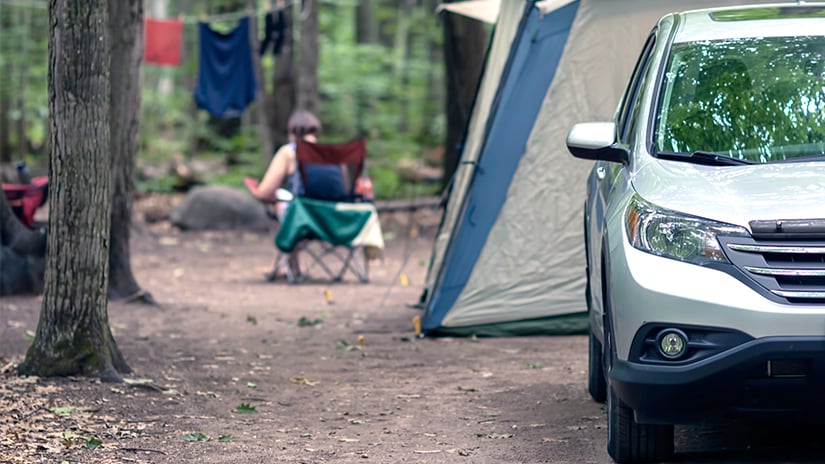
The holidays are here! For a fleet manager like you, the holiday season doesn’t mean your vehicles are parked and not at risk…in fact, if you manage company/perk vehicles in your fleet, they may be travelling more kilometres than at any other time of the year.
Tips for drivers, as well as some key reminders for a fleet manager:
To ensure that the return in January is not as worrisome as usual, and your vehicles and drivers return “intact”;
- Remind your drivers of any restrictions in terms of allowed personal usage. This may encourage your drivers to consider booking a holiday at a closer destination which will limit the kilometres they would be driving.
- Send out a reminder to your drivers regarding the roadside emergency support that is normally provided under a lease or insurance policy. A handy tip is to advise drivers to have the roadside emergency contact details close at hand. Why not send your drivers the contact information to their mobile devices (i.e. via WhatsApp rather than email) so they can save it immediately on their mobile devices. This may lessen the calls to you while you take a break!
- Share tips with your drivers that will help them to contain costs and appeal to their compassionate side in terms of driving in an environmentally friendly manner. Driving behaviour does after all determine the running cost of a fleet, and impacts carbon emissions. Later in this post, we share with you a few handy fuel-saving tips.
- As a fleet manager, you are probably making use of a telematics device. Check with your telematics provider if they can track the driving behaviour over the holiday period and if they can provide you with the data to help you determine the top driver. You could even make this an incentive, which of your drivers wouldn’t want a small additional incentive to get them through the Januworry month?
Tips you may want to share with your drivers:
- Slow down, drive the speed limit. Too fast, or too slow can cause high fuel consumption.
- You don’t need to race between traffic lights. Steady acceleration and steady braking reduce the consumed fuel and you will be less likely to have a nasty accident.
- When at a rest stop or shopping centre, don’t leave your vehicle idling unnecessarily. Rather turn off the vehicle, get out and stretch your legs by walking to a shady spot to have a break or wait for passengers to return to the car.
- Although there is more power in lower gears, this doesn’t mean you shouldn’t gear up. Driving in the highest gear will increase fuel efficiency only IF you are driving at an appropriate speed for that gear.
- Limit where you use the car’s cruise control functionality. Cruise control is great for maintaining a steady speed on flat, or downhill roads, however, it will result in higher fuel consumption on uphill roads as it causes the car to accelerate harder to maintain the speed.
- For fresh air, use air vents and windows and only use the aircon when necessary, like in the midday heat. A research paper in the International Journal of Scientific & Engineering Research titled Influence of Automotive Air Conditioning load on Fuel Economy of IC Engine Vehicles concludes that “current air conditioning systems reduces the fuel economy of a conventional vehicle by at least 1.52 km per litre, and has an unacceptable impact on high fuel economy vehicle where the mileage was found to be reduced by 2.54 km per litre. As an added benefit, a breeze from outside may refreshen you and avoid over-tiredness on long trips.
If fleet safety and cost containment is top of mind for you, you may want to download our Fleet Driving Tips Pack containing posters on further insights and tricks for your drivers. Click here to download the Fleet Driving Tips Pack.
